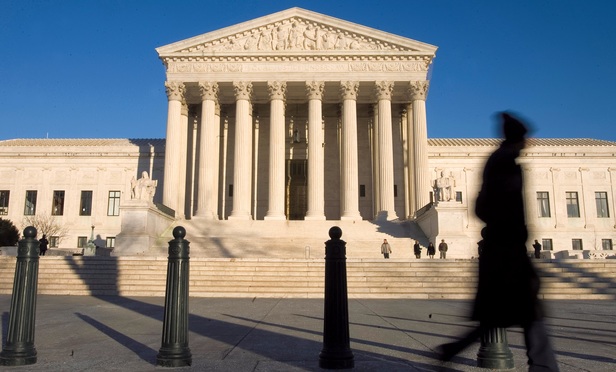The U.S. Supreme Court’s ruling last term in Universal Health Services Inc. v. United States ex rel. Escobar received a lot of attention because of its implications for False Claims Act (FCA) litigation. Many commentators have focused on the court’s materiality holding: that the alleged failure to disclose a statutory, regulatory or contractual violation must be “material to the Government’s payment decision.” This was, indeed, a significant limitation in several respects. The court made clear not only that materiality is a demanding standard, but also that lower courts may consider the absence of sufficiently plausible and particularized materiality allegations as grounds for dismissal at the motion to dismiss stage, rather than a jury question.
But another aspect of the Escobar decision has received comparatively less attention. The Escobar court also focused on an important aspect of implied false certification cases: the “specific representations about the goods or services provided” that contractors make when entering into a contract or submitting claims for payment.
This content has been archived. It is available through our partners, LexisNexis® and Bloomberg Law.
To view this content, please continue to their sites.
Not a Lexis Subscriber?
Subscribe Now
Not a Bloomberg Law Subscriber?
Subscribe Now
LexisNexis® and Bloomberg Law are third party online distributors of the broad collection of current and archived versions of ALM's legal news publications. LexisNexis® and Bloomberg Law customers are able to access and use ALM's content, including content from the National Law Journal, The American Lawyer, Legaltech News, The New York Law Journal, and Corporate Counsel, as well as other sources of legal information.
For questions call 1-877-256-2472 or contact us at [email protected]






